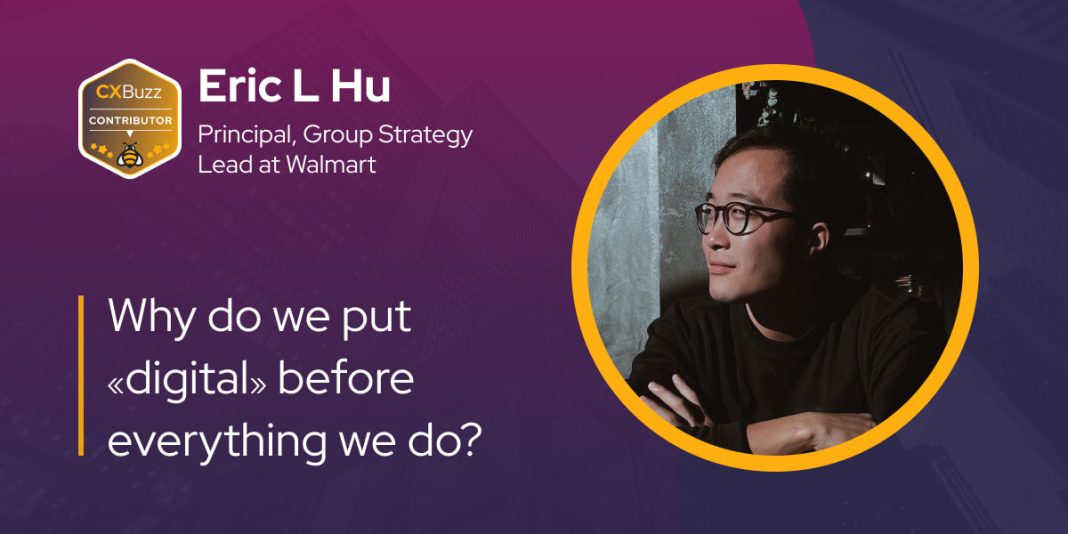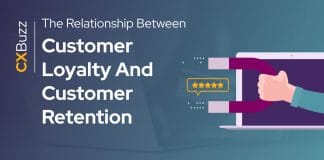My old agency boss David Hunt posed quite the thought-provoking challenge when he wrote: “I don’t do digital banking, I don’t watch digital movies. Why do we put ‘digital’ before everything we do in healthcare?”
Coming from the healthcare industry, one of the largest opportunity areas we’ve identified is in navigating the direct-to-patient retail landscape; the convenience that comes with shopping online with in-person privacy and peace-of-mind. My first project with AKQA was to define the vision and service blueprint for United Healthcare’s omni-channel marketplace that would combine virtual care, FSA/HSA, OTC, Rx, and community education: Optum Store.
The more sensitive a subject matter is, the more we crave a human touch in helping us navigate those complex experiences: I think about online tax services, personal investing, auto sales, home ownership, etc; consumers want to know that, the goods or services they are purchasing is exactly right for their needs and will ideally fit into their path forward — even as life happens.
Most shopping journeys have traditionally embarked on one platform, only to have the user experience break when shifting online-offline. Imagine the frustration of sitting in a digital waiting room to see your doctor, or the chore of filling out the same forms every time you visit the local pharmacy. For better or worse, the global pandemic has been an accelerant — a forcing function like none other – for businesses to solve for that digital divide.
At Walmart, I’m solving those very same CX barriers in a parallel path: How do we unify a nearly-perfected ecosystem in-store with one that we are charting in consumer’s app stores?
The product architecture we navigate has scaled even further from my days working with payers and providers. Today, I support the various business lines under the $100B financial services banner including the Money Center, consumer banking, payments, B2B enterprise solutions, and digital identity. That remit is ever-expanding with our acquisition of One Financial and Even thanks to our venture with Ribbit Capital.
One of the greatest barriers facing our group lives at the intersection of e-commerce and the Supercenter experience; propping up a true end-to-end ecosystem is difficult for most brands, but exceptionally elaborate when you think about the endless permutations of audience segments we cater to.
For reference, our product org oversees the movement of funds touching nearly 5,000 locations, 1.6M associates, and 250M weekly customers — domestically… quite the intimidating scale. Some days, I’m almost jealous that our competitors over at Amazon had their start in the .com era – they aren’t responsible for the complexities of physical infrastructure, which I can only assume will be a barrier to their longer-term aspirations.
For my team, our first step is to bridge online and in-store shopper parity: for the 30M cash customers that don’t have access to services delivering elevated savings on top of our baseline EDLP (everyday low prices); W+ subscription, cash back rewards, or scan-and-go, we’re rapidly prototyping solutions for digital cash inclusion. In other words, we want to propel customers that are excluded from modern conveniences elsewhere, into a personalized shopping experience at Walmart — one that layers in critical offerings that will guide their graduation path towards more powerful resources like a line of credit (Capital One), flexible payment options (Affirm), or protection, home & tech services (Allstate, Handy, etc.).
Secondly, I’m hoping to explore our Spark Driver program and EBT/SNAP/Nutritional Program. 19 million Americans currently live in a food desert with little to no access to proper health and wellness; at the same time, 91% of Americans live within 10 miles of a Walmart. There is a clear opportunity to leverage our reach to solve pervasive, public health concerns. I immediately find myself gravitating towards digital community outreach to identify vulnerable demographics, while constructing a delivery network to bring groceries, medicine, and in-person care to modest income neighborhoods to offset the great migration of grocery stores and pharmacies. Our retail operations can also provide consumer electronics and appliances to alleviate the broadband barrier.
Don’t get me wrong — realistically, brands have a responsibility to generate revenue in a responsible manner. Yet, I have conviction that a business as behemoth as Walmart has the luxury of being able to create a platform for all to rise; and when we elevate the consumers that need us most, we are nurturing (and investing) in the most loyal, deeply-engaged communities of tomorrow.
I do want to take the moment to call out some extraordinary steps that our partners in the retail divisions are taking to drive a progressive path to purchase. In particular, our focus on black-owned brands, women-owned businesses, and eco-friendly product aisles, is exactly the kind of work our teams should be putting in.
That brings me to my last point: we’re looking for ways to help supplement and reward our most loyal patrons even when they leave our ecosystem. The power of Walmart is omnipresent; our various payment & processing vendors, health & wellness providers, and government partnerships collectively place our retail ecosystem at the center of every day American households – as such, we have the responsibility to make sure that our services don’t only provide value when a customer visits our website or Supercenter, but also solves for critical pain-points, whether that’s registering a hunting/fishing license, updating auto maintenance, accessing proof-of-vaccine, or alerting emergency contacts.
So to David’s point, why do we put “digital” in front of everything we do? Maybe it’s to make a necessary organizational change feel that much more ‘cutting edge’. Or perhaps it’s to further illuminate ways to propel consumers into modern customer experiences.
Either way, my hope is that we can leverage our platform here at Walmart to make our stores and screens feel more convenient, connected – and selfishly, cool! Looking ahead at what our teams are working on this year, many of the capabilities discussed will be refined and released to help Americans everywhere ‘Save Money, Live Better’ anywhere. And that is pretty darn cool.






